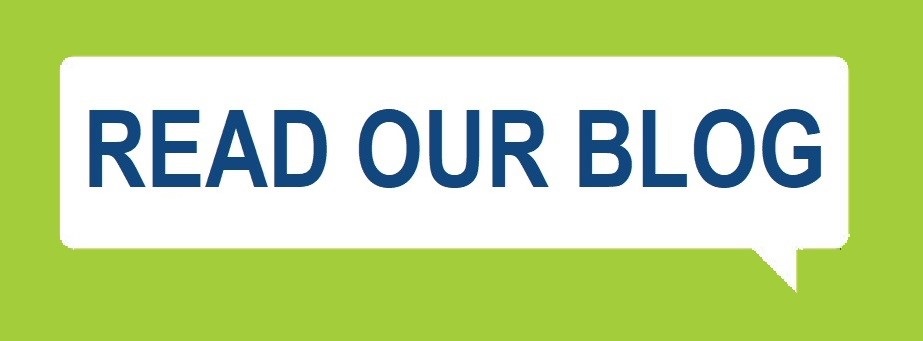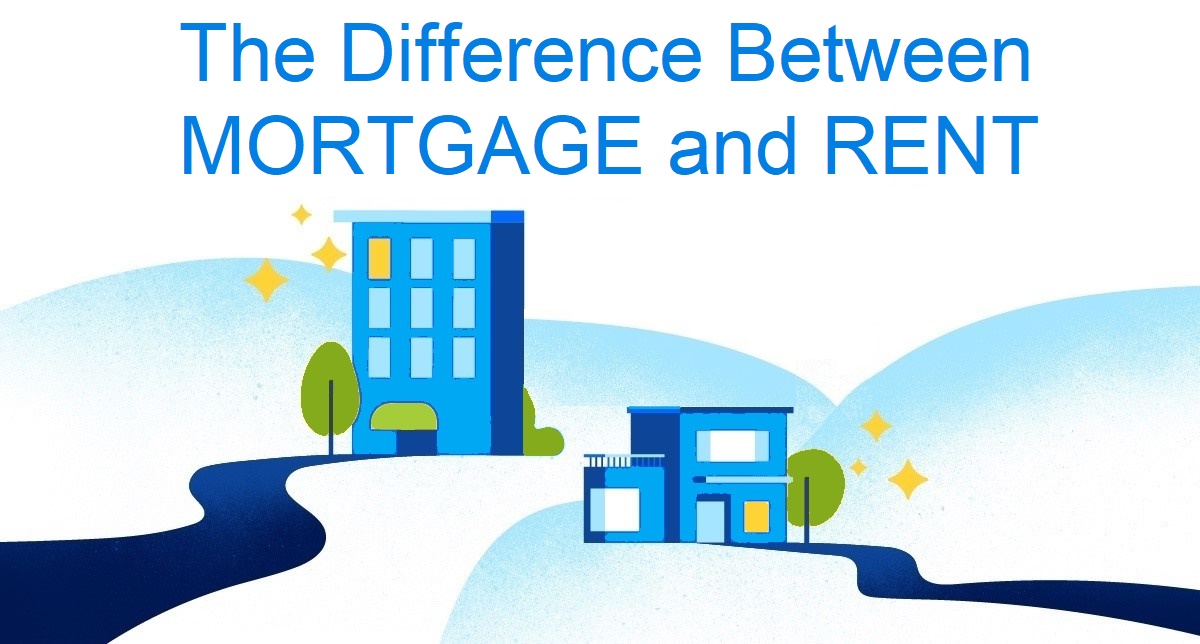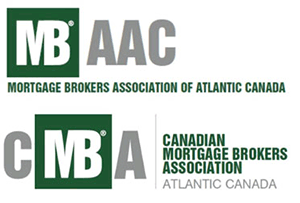
The Difference Between Mortgage and Rent
May 9, 2024 | Posted by: Keith Leighton

The Difference Between Mortgage and Rent
The concepts of mortgage and rent represent two fundamentally different approaches to housing and property financing. The difference between a mortgage and rent is primarily focused on the benefits of homeownership versus renting, as well as the financial implications and long-term effects of both options. Here are the key differences:
1. Ownership vs. Temporary Use
- Mortgage: When you have a mortgage, you are purchasing a property through a loan that is secured by the property itself. Essentially, you own the home and have legal title to it, although the lender has an interest in it until the mortgage is fully paid off. Ownership means you have the ability to build equity in the property over time as you pay down the mortgage and as the property value potentially increases.
- Rent: Renting a property means you are paying for the right to use someone else’s property. You do not own any part of the property, and you do not build equity in the property, no matter how long you stay there. Instead, your monthly payments give you the right to live in the home, subject to the terms of your lease agreement.
2. Financial Commitment and Responsibilities
- Mortgage: Taking on a mortgage is a long-term financial commitment, typically 25 to 30 years. Homeowners are responsible for mortgage payments, property taxes, maintenance costs, and home insurance. While the upfront cost includes a down payment (often 5% to 20% of the purchase price), the monthly mortgage payments contribute towards building equity in the home.
- Rent: Renting generally involves a shorter-term financial commitment, often with lease terms of 1 year. Renters are not responsible for property taxes, maintenance costs, or homeowners' insurance (though they often carry renters' insurance). This can make renting less costly month-to-month and requires less upfront money than buying a home.
3. Financial Benefits and Risks
- Mortgage: Homeownership through a mortgage allows individuals to invest in real estate, which can appreciate over time, potentially yielding a return on investment upon the sale of the property. The risk involves the possibility of depreciation, the responsibility of upkeep, and the risk of foreclosure if mortgage payments are not made.
- Rent: Renting offers less financial risk in terms of property value fluctuations and maintenance responsibilities. However, renters also miss out on potential property appreciation and do not benefit from building equity. The monthly rent expense is a cost without any return in terms of property investment.
4. Flexibility and Stability
- Mortgage: Owning a home can provide a sense of stability, as you're not subject to the terms of a changing lease or dependent on a landlord. However, selling a home and moving can be a more complicated and time-consuming process than moving from a rental property.
- Rent: Renting provides more flexibility to move, often with less notice, which can be advantageous for those who anticipate changes in job location or personal circumstances. However, renters may face instability in terms of rent increases or the possibility of needing to relocate if a lease is not renewed.
Choosing between renting and buying depends heavily on one's financial situation, long-term goals, and lifestyle needs. Many often advocate for buying over renting, while mortgages involve a larger initial financial commitment, they offer long-term financial benefits through equity and potential property appreciation. Contact your DLC Ideal Mortgage professional who can provide crucial guidance and insight when you're deciding whether to rent or buy a home.
